Are you captivated by medieval and Renaissance art? Here are the best museums to visit in Tyrol:
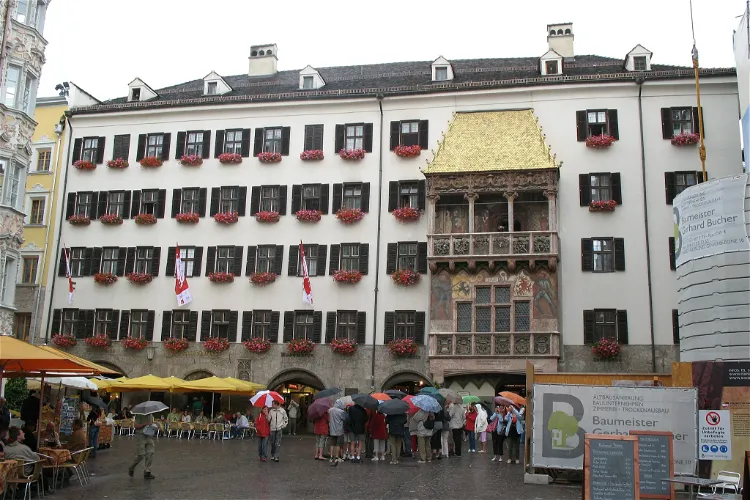
Golden Roof
InnsbruckThe Goldenes Dachl, or Golden Roof, is a landmark structure situated in the Old Town area of Innsbruck, Austria. This iconic symbol of the city was completed in 1500 and is adorned with 2,657 fire-gilded copper tiles. The roof was commissioned by Emperor Maximilian I to celebrate his wedding to Bianca Maria Sforza. The balcony of the Golden Roof was used by the Emperor and his wife to observe various events and festivals taking place in the square below.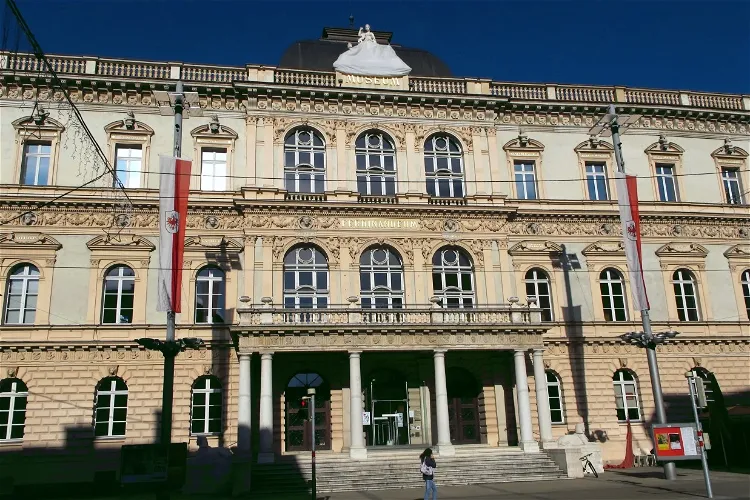
Tyrolean State Museum
InnsbruckThe Tyrolean State Museum, also known as the Ferdinandeum, is located in the city of Innsbruck. The museum is named after Ferdinand II of Austria, who was a Duke of Austria and Count of Tyrol. The museum was first opened to the public in 1823, making it a significant historical institution in the region.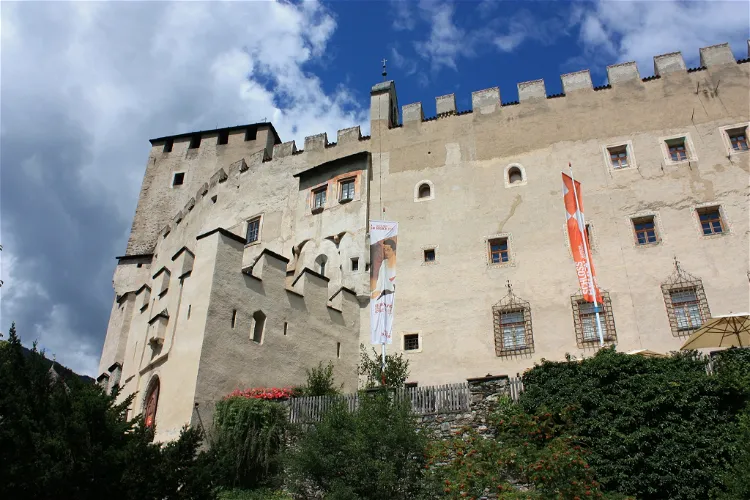
Burg Bruck
LienzSchloss Bruck served as the residence of the Counts of Görz from around 1278 to 1500, adding a rich historical context to the castle. One of the key features of the castle is its chapel, adorned with frescoes by Simon von Taisten. These frescoes are a significant attraction for art and history enthusiasts visiting the castle.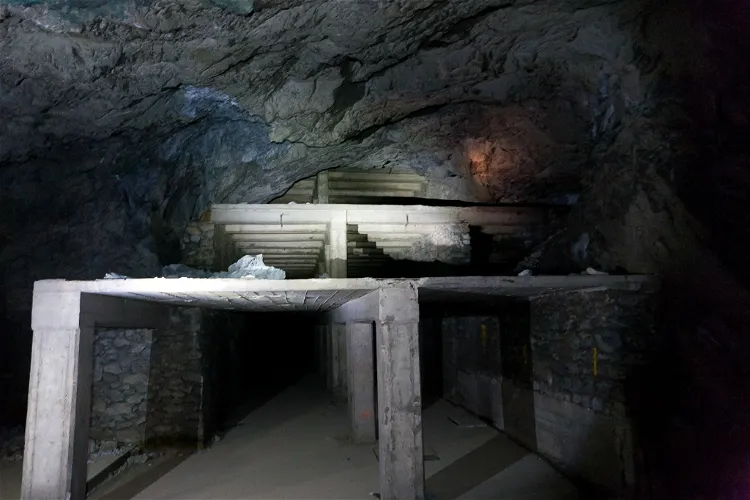
Schwaz Silver Mine
SchwazThe Schwaz Silver Mine, located in Schwaz, Tyrol, is a visitor mine that offers a unique opportunity to explore the history and workings of a silver mine. The mine, which was one of the largest and most productive in the region during the late Middle Ages, provides a fascinating insight into the harsh conditions faced by miners and the techniques they used to extract silver and other minerals.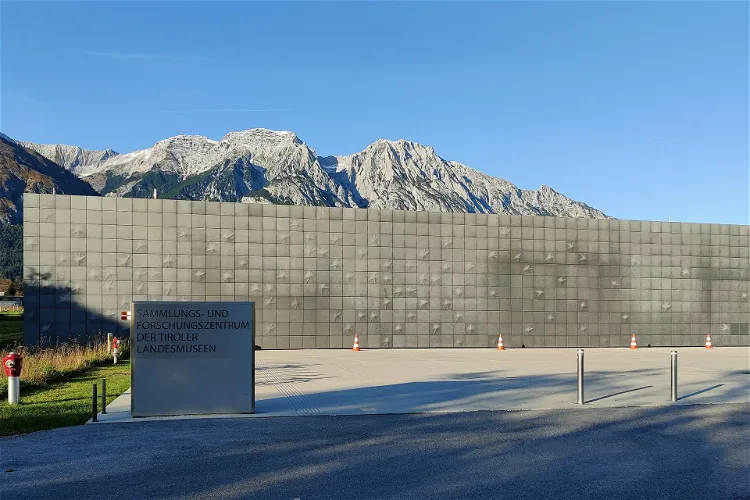
Tyrolean State Museum
Hall in TirolThe Tyrolean State Museum, also known as Il Ferdinandeum, is a significant cultural institution located in the city of Innsbruck. The museum was named after Duke Ferdinand II of Austria, reflecting the rich historical ties of the region. It offers visitors a chance to delve into the history and culture of Tyrol, making it a worthwhile destination for those interested in understanding the region's past.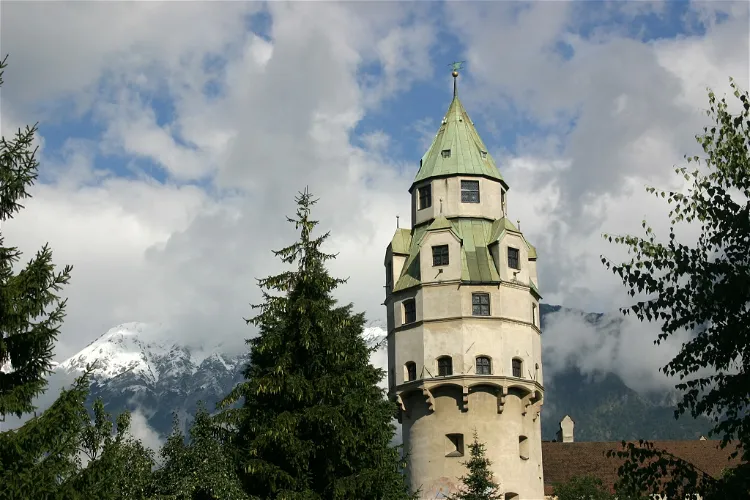
Hasegg Castle
Hall in TirolHasegg Castle, also known as Burg Hasegg, is a historical site located in Hall in Tirol, Austria. The castle, which dates back to around 1300, was originally a defensive structure built to protect the local salt mines, river shipbuilding industry, and a key road crossing. Today, it stands as a testament to the region's rich history and offers visitors a unique glimpse into the past.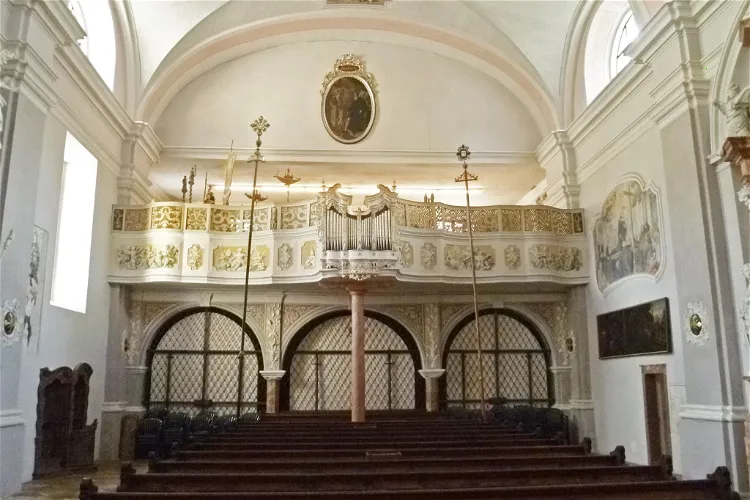
Augustine Museum Rattenberg
RattenbergThe Augustine Museum Rattenberg is a significant cultural institution situated in Rattenberg, Tyrol. This Austrian museum offers a unique opportunity to explore the rich history and artistic heritage of the region.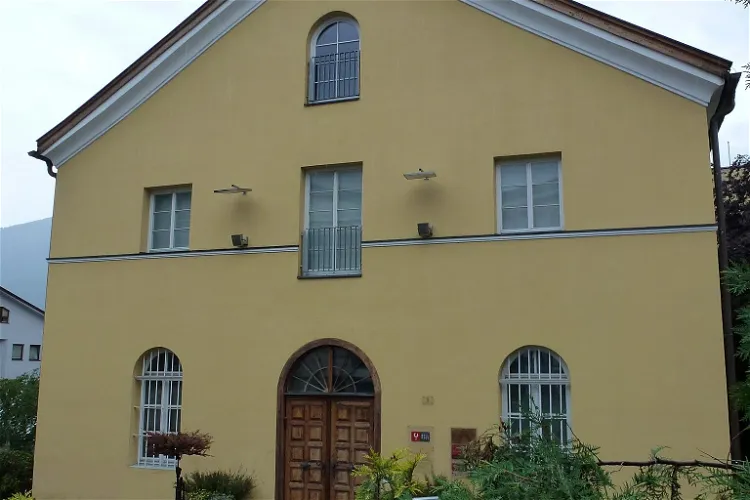
Ballhaus Museum
ImstThe Museum im Ballhaus (MiB), located in the city of Imst, serves as a city museum. It is dedicated to documenting the history and culture of the city. This museum provides a comprehensive overview of the city's past, making it an ideal destination for those interested in learning more about Imst's rich history and cultural heritage.- Online discount!

Ambras Castle
InnsbruckAmbras Castle Innsbruck is one of the main attractions of the state capital of Tyrol. The provincial sovereign, Archduke Ferdinand II (1529 – 1595), son of Emperor Ferdinand I, converted the Castle into a Renaissance palace, which is home to a museum building housing his famous collections. They con